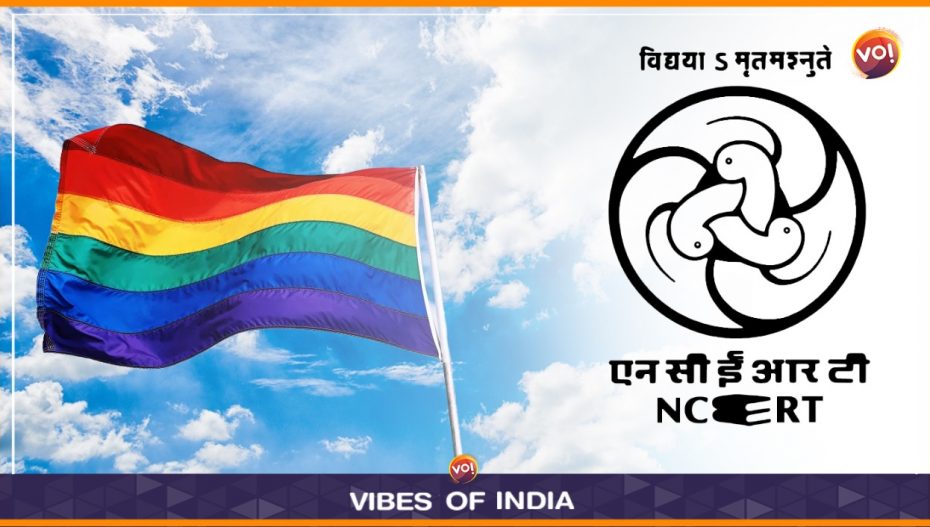Gender neutral uniforms in schools, transgender inclusive curriculum, safe washroom facilities and measures to prevent gender based violence are among the recommendations made by a new NCERT manual for smoothly integrating the third gender in the formal schooling process. The draft manual, titled “Integrating Transgender Concerns in Schooling Processes”, has been prepared by a new 16-member committee convened by NCERT’s Department of Gender Studies head Jyotsna Tiwari.
“Some of the students, specially from Grade VI onward, have preference for clothes, particularly school uniform. They do not feel comfortable in a particular dress. Schools can introduce gender neutral uniforms which are comfortable, climate appropriate, fit and do not conform to a particular gender,” it said. The panel has noted that these uniforms might be designed by design institutes.
“Many schools have introduced pants and shirts that can suit any gender and they are comfortable for all school activities. Reinforcement of gender binaries in school structures, in terms of uniforms, use of toilets, participation in sports and extracurricular activities, bullying and harassment for simply choosing to express themselves as opposed to social norms, are some of the glaring concerns raised by transgender persons when it comes to barrier in their education,” it added.
The panel has suggested that educators could identify the spaces and scope of integrating gender, especially transgender concerns, in their pedagogy and textbook content wherever they feel the gap in the existing text books.
“Such practices should be shared with fellow teachers (subject or stage specific) to collectively evolve best practices which are context specific. Issues of masculinity, equality and empowerment must be addressed through a careful choice of themes in our textbooks as well as through other pedagogies such as role play, debates, creative writing, development of short films, etc.
“If students are noticed to be gender non-conforming or emerge as transgender at this stage, help them to form healthy, supportive alliances with peers and generate gender sensitive school environment so that such a student feels supported. Health educators should be gender sensitive and use gender inclusive practices while educating on puberty, sex education and health education,” the manual read.
Noting that due to society’s marked intolerance of gender nonconformity, those who do not conform to gender norms are more likely to suffer from violence as compared to other gender conforming students from an early age, the panel said it could be inflicted upon them within different contexts through various social interactions.
Elaborating on the need for a “transgender inclusive” environment in schools, the manual has noted that the behaviours and expressions exist within the gender binary, they are seen as “normal” and are treated as acceptable.
“In the case of children who do not conform to such binary roles, expressions, behaviour, which typically associate with their assigned-sex and thereby gender; they are made to feel as ‘abnormal’. Further, these expressions, behaviours, mannerisms, etc., draw unwarranted attention from others since they are not seen as ‘normal’ and lead to bullying or harassment, which makes it all the more difficult for transgender children to continue their education.
“This affects the childhood and adolescence of many transgender children due to incidences at school, since these cases mostly go unreported due to the stigma attached. It often leads to discontinuation of their formal education or a drastic decline in their academic performances,” it said.
Also Read: Govt Rejects Reports On Side-Effects Of Covid Vaccine












